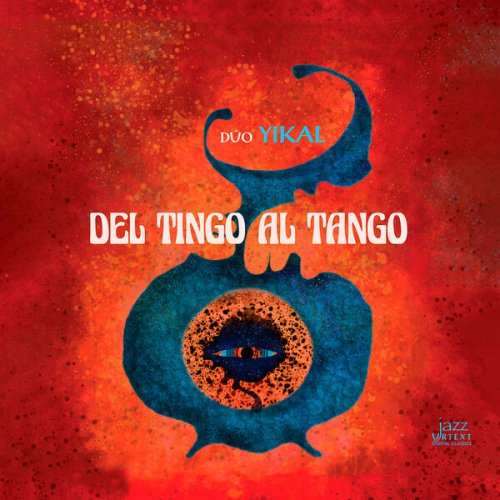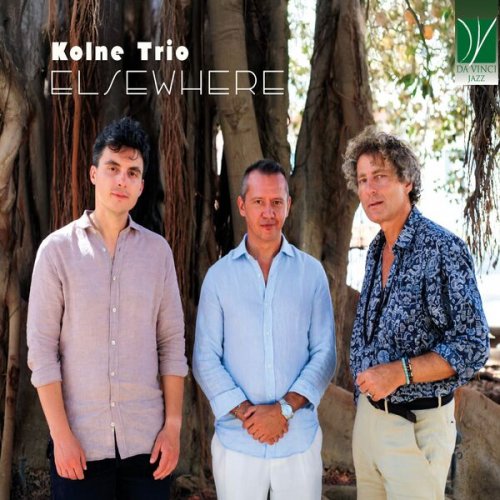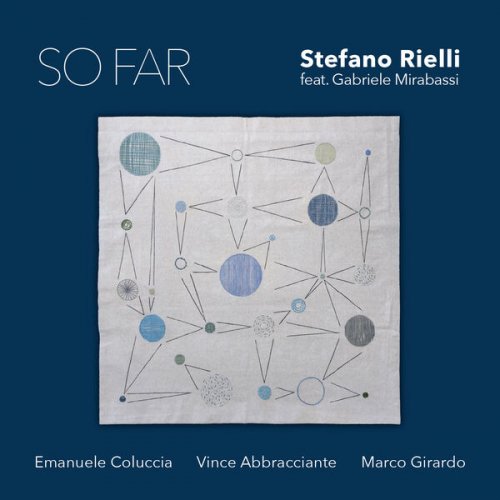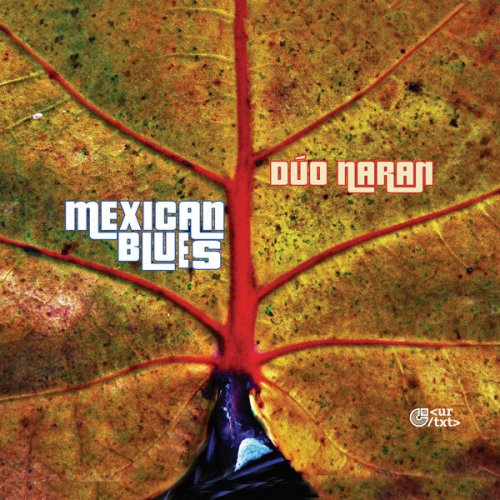Andrew Lawrence-King - Handel: Almira (1996)
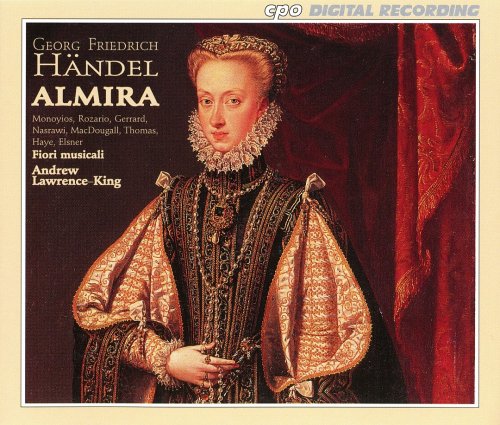
Artist: Andrew Lawrence-King
Title: Handel: Almira
Year Of Release: 1996
Label: CPO
Genre: Classical
Quality: FLAC (image + .cue, log, scans)
Total Time: 3:44:21
Total Size: 1.04 GB
WebSite: Album Preview
Tracklist:Title: Handel: Almira
Year Of Release: 1996
Label: CPO
Genre: Classical
Quality: FLAC (image + .cue, log, scans)
Total Time: 3:44:21
Total Size: 1.04 GB
WebSite: Album Preview
CD1
1. Overture (03.09)
2. Act 1. Scene 1. Recitativo. Durchlauchtigste, des Titans heller Schein / Aria. Almire regiere (03.05)
3. Recitativo. Wohlan, entzünd' den Blitz / Coro. Viva Almira (00.51)
4. Chaconne and Sarabande (03.34)
5. Scene 2. Recitativo. Die Nachwelt wird in Diamanten ätzen (01.37)
6. Aria. Ach wiltu die Herzen auf ewig verbinden (01.35)
7. Recitativo. Du hebst mich, große Königin / Aria. So ben che regnante più degna di t (03.26)
8. Scene 3. Recitativo. Durchlauchtigste, des Vaters letzten Willen / Aria. Leset, ihr funkelnd (02.37)
9. Aria. Chi più mi piace il voglio / Ritornello (05.43)
10. Scene 4. Aria. Schönste Rosen (04.30)
11. Recitativo. Ist hier Edilia? / Aria. Du irrst dich, mein Licht (04.03)
12. Recitativo. Ich bin versöhnt / Aria. Proverai di che fiere saette (05.01)
13. Recitativo. Schäum immer Gift und Gallen! / Aria. Zürne was hin! / Ritornello (01.25)
14. Scene 5. Aria. Liebliche Wälder, schattige Felder (04.11)
15. Recitativo. Die Königin ist meiner Liebe Ziel (01.27)
16. Scene 6. Aria. Vollkommene Hände (01.20)
17. Recitativo. ICH LIEBE DI (01.43)
18. Aria. Geloso tormento (06.26)
19. Scene 7. Recitativo. Auf diesen angenehmen Wegen (01.48)
20. Aria. Wer umb Geld und Hoheit willen (00.53)
21. Recitativo. Ich stimme diesen Worten bei / Aria. Piú non vuo tra si e no (03.22)
22. Scene 8. Recitativo. Weil es die Königin befohlen / Aria. Am Hofe zu heissen galant (01.48)
23. Scene 9. Recitativo. Auf, auf, mein Herz! / Aria. Lass das Schicksa blitzen, wittern (03.58)
24. Aria. Ich will euch verdammen (02.53)
25. Scene 10. Recitativo. Nein, Amor, nein / Duetto. Ich will gar von nichtes wissen (03.05)
26. Scene 11. Recitativo. Die Königin Almira lässt befehlen / Aria. Der Mund spricht zwar (04.19)
CD2
1. Scene 11. Courante / Bourée / Menuet / Rondeau (04.05)
2. Scene 12. Recitativo. Wie, träum' ich oder nicht? (01.40)
3. Act 2. Scene 1. Recitativo. Durchlauchtigste, aus Mauretanien / Scene 2. Recitativo. Raymondo (02.45)
4. Scene 3. Aria. Chi sà, mia speme (02.29)
5. Recitativo. Doch leerer Trost / Aria. Lass ein sanftes Händedrücken nur entzü (04.05)
6. Recitativo. Verdruss und Unmuth hält mich eingeschlossen / Aria. Alter schard (01.54)
7. Scene 4. Recitativo. Ich muss allein in diesem Zimmer bleiben / Aria. Habbiate pazienz (04.13)
8. Scene 5. Aria. Sprich vor mir ein süßes Wort (02.09)
9. Scene 6. Recitativo. Entzeuch das Blatt nur meinen Augen nicht / Aria. Schöne Flammen (03.18)
10. Recitativo. Nein, nein, Fernando, nein! (02.19)
11. Scene 7. Recitativo. Durchlauchtigste, darf ich die Gnad' erbitten / Aria. No, no, non vogli (02.02)
12. Aria. Scepter und Kron / Recitativo. Mein Vater wird zu den zerrissnen Banden (01.55)
13. Scene 8. Aria: 'Mi da speranza al core' (Ramondo) (03.48)
14. Recitativo. Almira kommt / Aria. Zweier Augen Majestät / Recitativo. Und wo w (03.06)
15. Scene 9. Accompagnato. Ich kann nicht mehr verschwiegen brennen / Aria. Move i passi a (05.11)
16. Recitativo. Hilf, Himmel, Osman kommt / Scene 10. Aria. Svenerò chi fa guerra (03.18)
17. Scene 10. Aria. Ob dein Mund wie Plutons Rachen Schwefel, Gift und Feuer speit / Ritornello (02.54)
18. Scene 11. Recitativo. Beglückter Tag / Aria. Sanerà la piaga un dì (04.50)
19. Scene 12. Recitativo. Raymondo hat mir seinen Fürstenstand entdeckt (02.41)
20. Aria. Der Himmel wird strafen dein falsches Gemüt (05.56)
21. Scene 13. Recitativo. Wie muss sich doch Tabarco stets zu plagen (02.40)
22. Aria. Schürzchen mit dem Falbala / Recitativo. Genug, genug / Ritornello (02.25)
CD3
1. Act 3. Scene 1. Entrée / Aria. Bürcke dich, du Kreis der Welt / Entrée dacapo (04.17)
2. Scene 2. Aria. Meiner Pracht muß alles weichen / Rigaudon (03.07)
3. Scene 3. Aria. Du stolzer Erdenkreis! / Sarabande / Recitativo. Gefällt ihr nicht d (03.44)
4. Scene 4. 1. Aria. Kommt, vermehrt der Thorheit Ruhm / Gigue (02.31)
5. Scene 5. Aria. Quillt, ihr überhäuften Zähren (05.32)
6. Recitativo. Was ist das deinen Geist in Unmuth setzt / Aria. Gönne nach den (Raymondo) (05.17)
7. Scene 6. Accompagnato. Ja, Amor, deine Grausamkeit / Aria. Blinder Schütz (03.16)
8. Recitativo. Und will dein Herz mich noch nicht lieben? / Aria. Unartige Schöne, wil (01.03)
9. Scene 7. Edele Sinnen schaffen von hinnen (02.37)
10. Recitativo. Fernando, gib mir deinen Degen / Aria. Was ist des Hofes Gunst? (01.56)
11. Scene 8. Recitativo: Geh, Unvorsichtiger (Consalvo, Almira) (01.37)
12. Aria. Vedrai, s'a tuo dispetto cangiar ben tosto affetto (Almira) (05.05)
13. Scene 9. Aria. Edilia, du bleibest mein / Recitativo. Ist mir ein süßes Echo nah? (03.21)
14. Scene 10. Accompagnato. Treuloser Mensch / Aria. Kochet ihr Adern entzündete Rache (04.37)
15. Scene 11. Recitativo. Durchlauchtigste, der Himmel muss verehren die Schönheit (02.39)
16. Aria. Werthe Schrift, geliebte Zeilen (02.10)
17. Scene 12. Recitativo. Entweich, verlasse mich (01.37)
18. Scene 13. Aria. Quel labro di coral (01.47)
19. Scene 14. Aria. Der kann im Blitz und donner lachen / Recitativo. Was bringt Tabarco m (02.22)
20. Scene 15. Accompagnato. Verhängnis, wiltu denn nur mich Verlass'nen fällen? / Arioso. Fernando stirbet dein (Fernando, Almira) (06.04)
21. Duetto: Spielet, ihr blitzenden Augen, mit mir (Fernando, Almira) and Ritornello (02.07)
22. Scene 16. Ich brenne zwar, doch ohne dein Bewegen (01.39)
23. Recitativo. Glaub, Schöne, daß dein holder Mund / Duetto. Mein Betrüben muß versch (02.22)
24. Scene 17. Recitativo. Fernando hat sich zwar erklärt (02.35)
25. Scene 18. Recitativo. Durchlauchtigste, des Himmels hohe Gunst (01.57)
26. Coro. Wir hoffen, der Himmel wird noch dem Getümmel (01.32)
Like many of England's finest musicians, Andrew Lawrence-King began his career in choir school, serving as head chorister for the Cathedral and Parish Church of St. Peter Port, Guernsey. He took an organ scholarship to Cambridge University, where he read mathematics, but finished his studies in organ and voice at the London Early Music Centre. A party at a harpmaker's house gave the opportunity for Lawrence-King to own his first early harp, modeled after a Medieval Irish instrument. Without any modern teachers of historical harp performance available, he proceeded to teach himself the technique by studying historical sources, literary, iconographical, and musical. He discovered the "perfection" of plucked instruments, which can play both melody and polyphony.
Since then, Lawrence-King has performed with many of the leading early music ensembles in the world, playing continuo and as harp soloist with Hesperion XX, Tragicomedia (which he founded with Stephen Stubbs in 1988), the Harp Consort, and with Christopher Page's Gothic Voices, Paul Hillier's Theatre of Voices, Stephen Stubbs, Ton Koopman, Andrew Parrott, and Paul O'Dette. In addition, he conducts Baroque orchestras throughout Europe. He has been awarded the 1992 Erwin Bodky Award (Cambridge, MA, Society for Early Music), the 1996 American Handel Society Prize (for his recording of Alcina), the 1997 Noah Greenberg Award from the American Musicological Society, and the 1998 Echo Klassik Prize for Best Early Music Recording. The Akademie für Alte Musik in Bremen appointed Lawrence-King professor of harp and continuo; in his spare time, he earned the Yachtmaster Certificate from the Royal Yachting Association. Over 100 recordings of music spanning more than 500 years bear the imprint of his artistry.
Improvisation lies at the heart of Andrew Lawrence-King's approach to performing early instrumental music. Though music history clings to its notated sources, he argues that the unwritten traditions of Medieval and Renaissance instrumentalists may be recovered and brought to audiences in a vital way; he has compared his type of improvisation to the vitality of jazz, which follows an "emotional logic" more than a formal one, and which stretches, yet remains within, clear stylistic boundaries. Both the harp and early keyboard instruments have been excellent vehicles for his music, both able to mingle tone colors and effortlessly shift from melodic use to polyphony (he numbers them among the "perfect instruments"). His creative approach shows especially well in a series of collaborative recordings with Paul Hillier and with the work of his ensemble the Harp Consort, founded in 1994 of all continuo improvisers, with group improvisation its aesthetic goal. -- Timothy Dickey
Since then, Lawrence-King has performed with many of the leading early music ensembles in the world, playing continuo and as harp soloist with Hesperion XX, Tragicomedia (which he founded with Stephen Stubbs in 1988), the Harp Consort, and with Christopher Page's Gothic Voices, Paul Hillier's Theatre of Voices, Stephen Stubbs, Ton Koopman, Andrew Parrott, and Paul O'Dette. In addition, he conducts Baroque orchestras throughout Europe. He has been awarded the 1992 Erwin Bodky Award (Cambridge, MA, Society for Early Music), the 1996 American Handel Society Prize (for his recording of Alcina), the 1997 Noah Greenberg Award from the American Musicological Society, and the 1998 Echo Klassik Prize for Best Early Music Recording. The Akademie für Alte Musik in Bremen appointed Lawrence-King professor of harp and continuo; in his spare time, he earned the Yachtmaster Certificate from the Royal Yachting Association. Over 100 recordings of music spanning more than 500 years bear the imprint of his artistry.
Improvisation lies at the heart of Andrew Lawrence-King's approach to performing early instrumental music. Though music history clings to its notated sources, he argues that the unwritten traditions of Medieval and Renaissance instrumentalists may be recovered and brought to audiences in a vital way; he has compared his type of improvisation to the vitality of jazz, which follows an "emotional logic" more than a formal one, and which stretches, yet remains within, clear stylistic boundaries. Both the harp and early keyboard instruments have been excellent vehicles for his music, both able to mingle tone colors and effortlessly shift from melodic use to polyphony (he numbers them among the "perfect instruments"). His creative approach shows especially well in a series of collaborative recordings with Paul Hillier and with the work of his ensemble the Harp Consort, founded in 1994 of all continuo improvisers, with group improvisation its aesthetic goal. -- Timothy Dickey
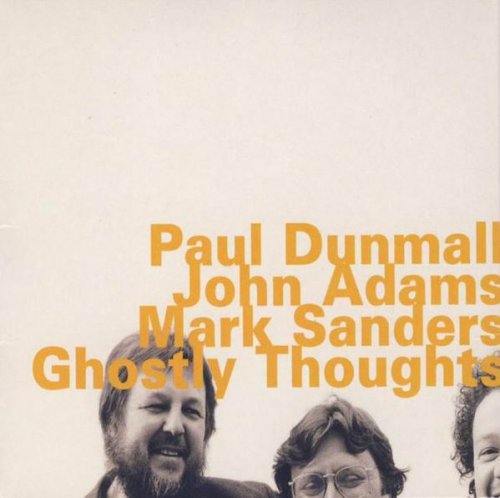
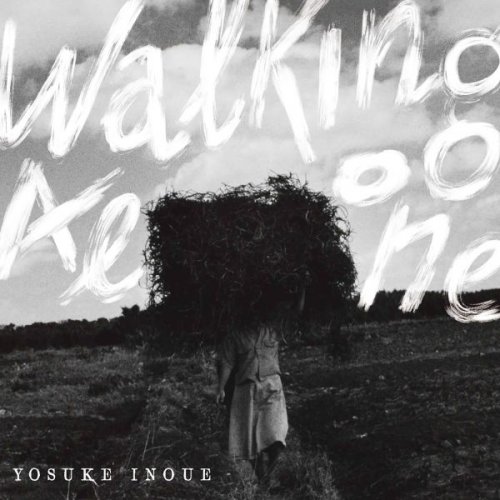
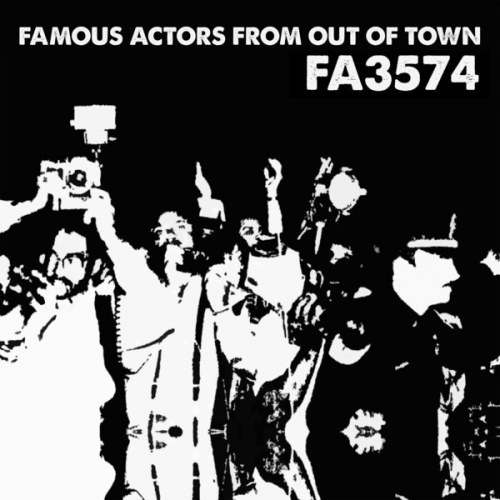
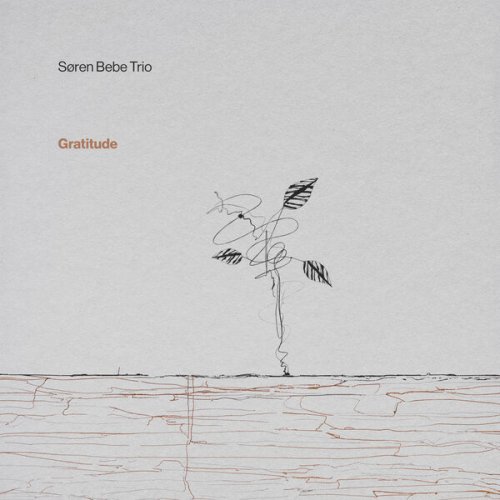
![Elsio Mancuso - The Big Blackout (2026) [Hi-Res] Elsio Mancuso - The Big Blackout (2026) [Hi-Res]](https://img.israbox.com/img/2026-01/29/79ljwzr7jbcfn4lvn4sfq18a5.jpg)
